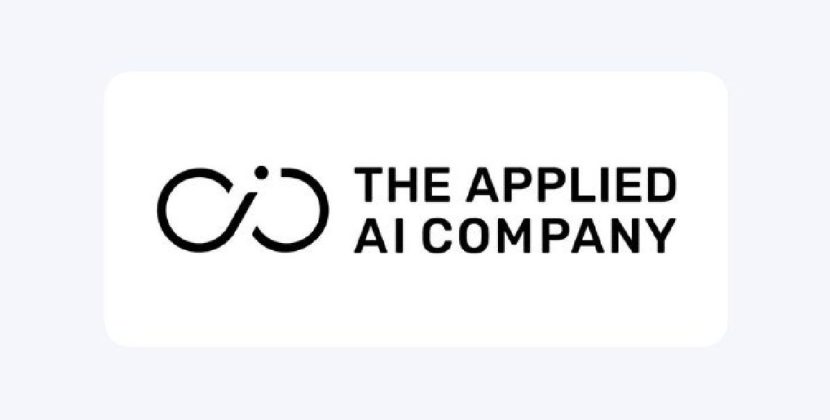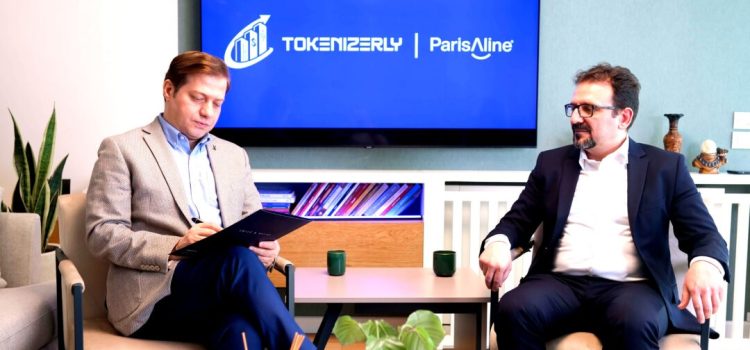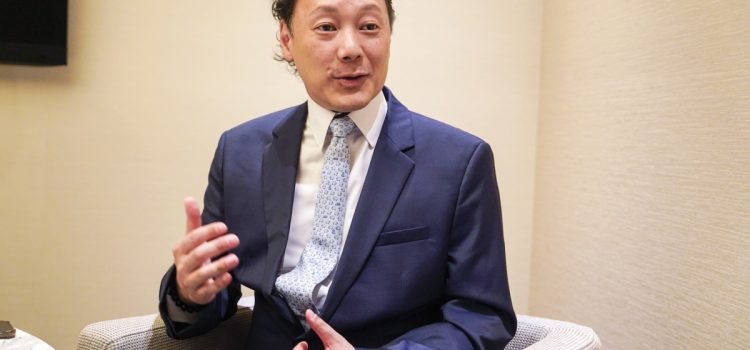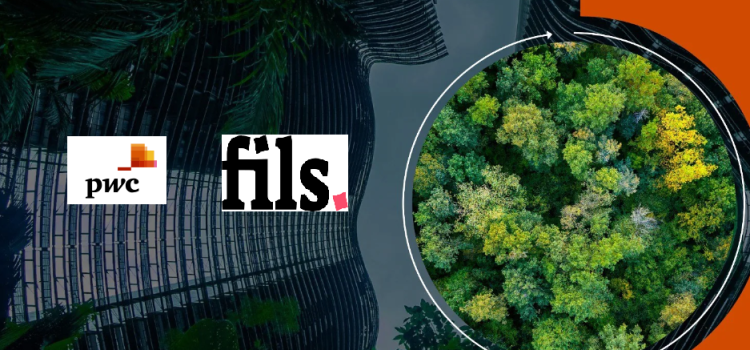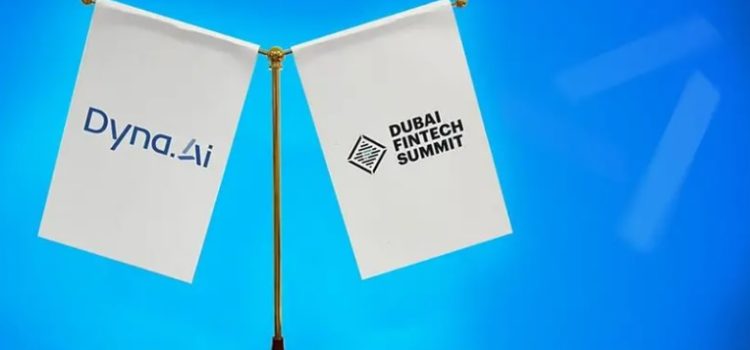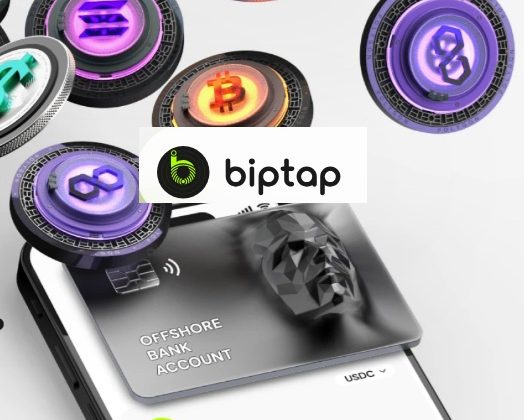
ParisAline, a global leader in invisible orthodontic treatments, has partnered with Saudi Arabian tech startup, Tokenizerly. As per the press release the collaboration aims to revolutionize funding mechanisms in the healthcare sector through the use of advanced blockchain technologies.
Tokenizerly is a Saudi-based technology startup leading the way in innovative funding solutions using blockchain. Its platform offers comprehensive tools for asset tokenization, providing unprecedented advantages in terms of reach, efficiency, and transparency.
The agreement involves deploying Tokenizerly’s specialized tokenization technologies to enhance funding solutions across ParisAline and its associated group of promising medical companies. These include operations in hospitals, medical device manufacturing, medical tourism, as well as laboratories and educational institutions, operating on a global scale.
The Blockchain enabled Tokenizerly platform will allow ParisAline and its sister companies to raise capital efficiently by tokenizing their assets making the alternative investment in healthcare affordable, accessible, and tradable. This method offers a myriad of benefits which includes global Reach through access to a wider and more diversified investor base. It also offers efficiency & cost reduction, with quicker settlements and lower costs related to operations and intermediation.
In addition the platform provides simplified liquidity: and a secure and tamper-proof record of ownership that promotes integrity and availability to the public.
The CEO of ParisAline, Dr. Ahnaf Aljajah, expressed enthusiasm about the partnership, stating, “This collaboration with Tokenizerly marks a significant milestone in our journey to integrate more innovative and efficient funding solutions within the healthcare industry. By leveraging blockchain technology, we are setting new standards for investment and operational efficiency.”
Haiyan Alsaiyed, Founder and CEO of Tokenizerly, added, “We are thrilled to partner with ParisAline and its sister companies. This is a unique opportunity to bring our robust financial technology solutions to a sector that impacts lives globally. Our platform is designed to transform how companies secure funding and manage their assets.”
This agreement comes as the Saudi government works to support tech development in the Kingdom. Recently The Hashgraph Association (THA), the Swiss-based organization at the forefront of global Blockchain digital enablement, signed a strategic partnership with the Ministry of Investment of Saudi Arabia (MISA) to launch a “DeepTech Venture Studio” in Riyadh worth $250M USD over five years (2024-2028).

